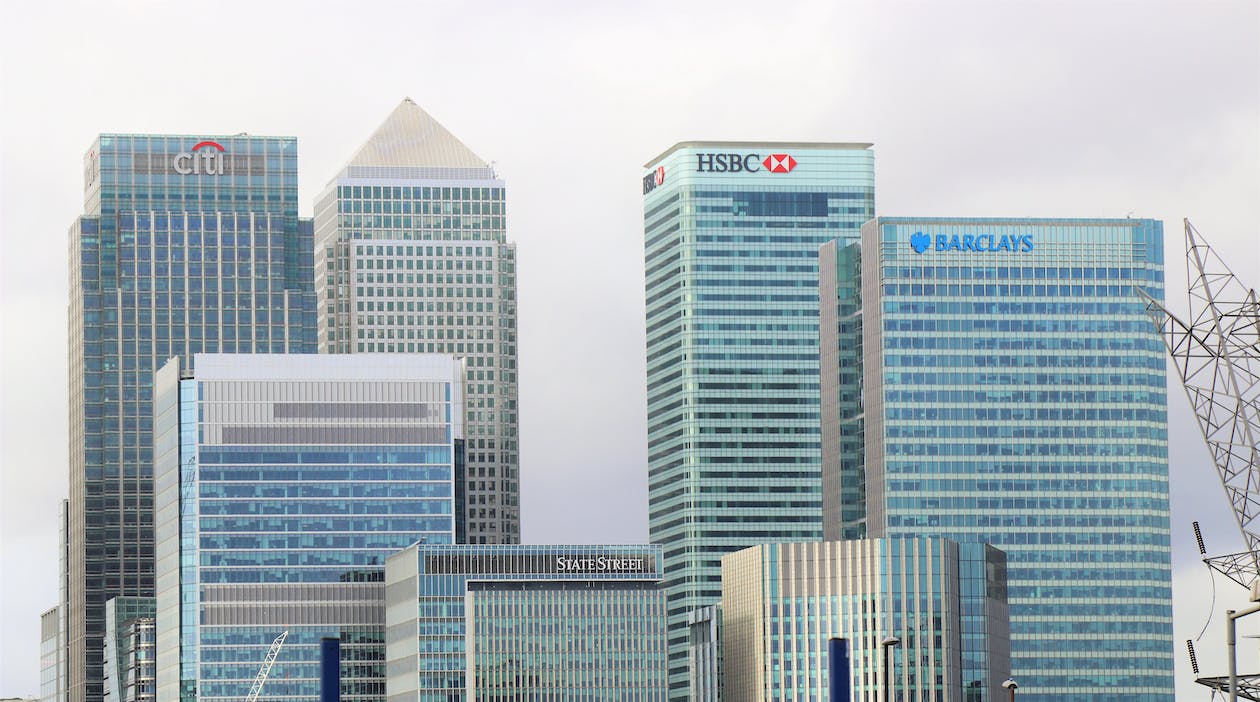The answer is yes.
Given the current economic situation around the world and the cost of living crisis that is hitting the UK, mortgages can seem like a scary idea at the moment. Interest rates have risen to their highest in years, which has pushed mortgage prices right up and made it difficult to imagine paying so much for a house, but luckily there are many positives that come with this too.
As interest rates rise, house prices stabilize and drop, with the interest rate going up by 0.75% we’ve seen a reduction in house price by around 5%, and 10% in some areas. As a first time buyer or an investor this is the perfect opportunity to earn ‘quick cash’ as it’s called in the industry, because when mortgage rates reduce as the economies stabilise, that 10% value will tip back on along with the usual average 4.14% per year. That means although you pay more for your mortgage right now, in 2-5 years when your current deal ends and the macroeconomic issues are over, not only will you get a significantly better rate saving hundreds of pounds per month but you will have made tens of thousands in equity on your house too.
At the time of writing, NatWest currently offer the lowest mortgage rates of the big banks, and Leeds building society lead the way with their rates too. You can expect to pay around 4.84% on your mortgage at the moment, whereas this time last year it was closer to 2.53%. Although on larger mortgages this can equate to hundreds of pounds per month, it isn’t something you should worry about in the long term.
Historically as the economy recovers and strengthens, the UK has always reduced it’s interest rates to bolster inflation, until inflation hits such a point where it is unsustainable due to external factors (like now at 11.8%). Interest rates then rise, lowering the number of people lending and spending to stabilize inflation and as the economy recovers, interest rates dip again.
An example below for illustration purposes:
- Inflation 10%, bank of England interest rates increase from 0.5% to 1.75%, mortgage rates increase from 2.5% to 3.8%, house prices lower 10%.
- House purchase £300,000 lowers to £270,000. £27,000 deposit instead of £30,000.
- Mortgage prices remain similar.
- Economy stabilizes after 2 years, regaining 10% value plus 2 year’s inflation at an average 4.14%.
- New house value £324,480. New mortgage rate 2.5%.New equity £81,840 from £27,000. Net gain £54,840.
As seen in the illustration above, this means buying at a point of high interest rate and low value sees much higher long term gain, unless you purchase a property that is at a premium above the asking price.
To conclude, yes it is still worth acquiring your mortgage during a high interest period, and under the correct circumstance (as long as it is not a long term recession) you would stand to gain more than if you overpaid for your house during a much lower period of interest rates, that conjoins to higher overall market value due to cheaper mortgage rates.

